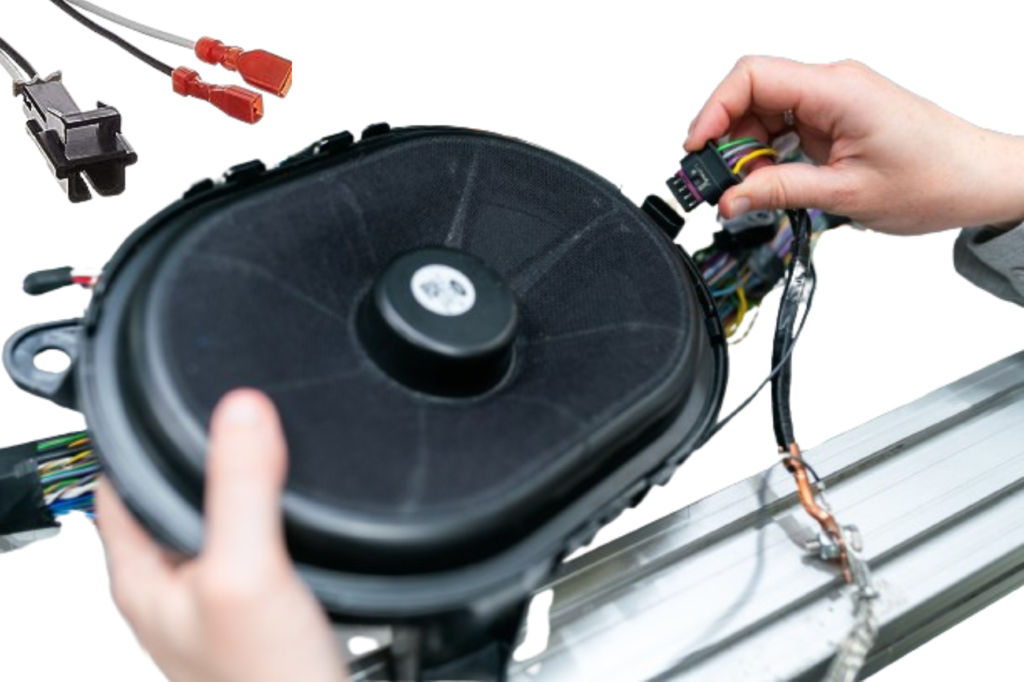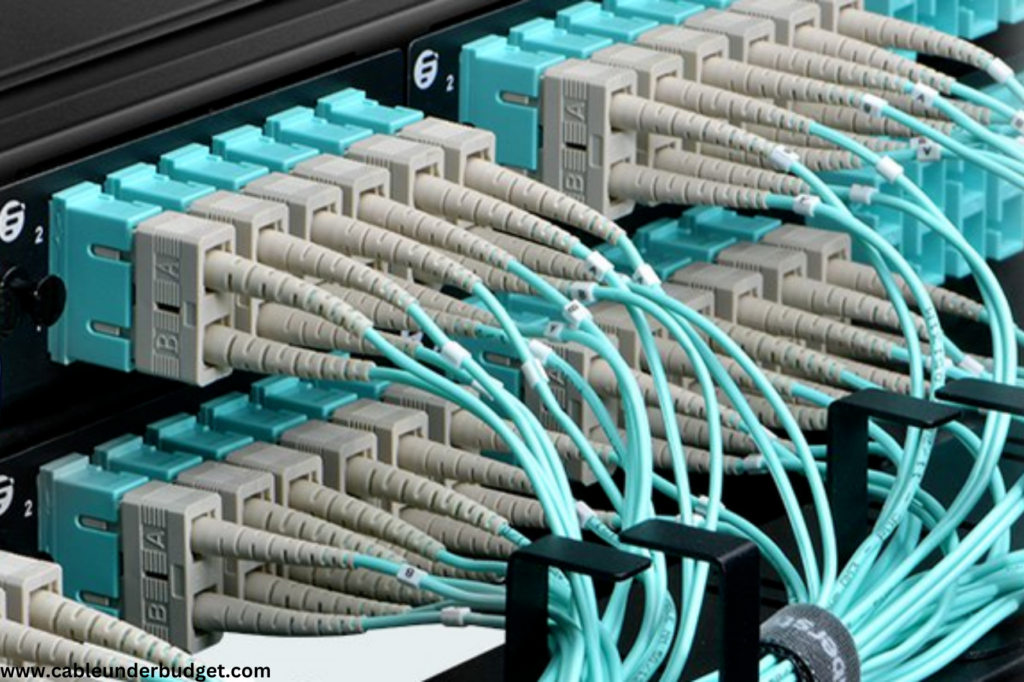Contents
EV Charging Cable Types
Electric vehicles (EVs) are becoming increasingly popular as a sustainable transportation option, but with various EV charging cable types available, it’s essential to understand the differences to ensure efficient charging. In this article, we’ll explore different EV charging cable types, their specifications, and how to choose the right one for your electric vehicle.
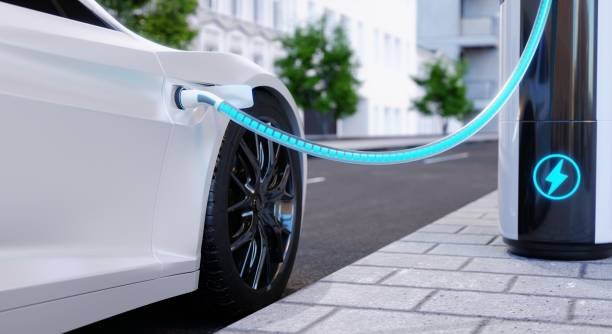
Types of EV Charging Cables
Level 1 Charging Cable (120V AC):
-
- Description: Level 1 charging cables are basic charging cables that come standard with most electric vehicles. They typically use a standard household outlet (120 volts AC) and provide a slow charging rate.
-
- Charging Speed: Level 1 charging is the slowest option, providing around 2 to 5 miles of range per hour of charging.
-
- Use Cases: Level 1 charging cables are suitable for overnight charging at home or in locations where faster charging options are unavailable.
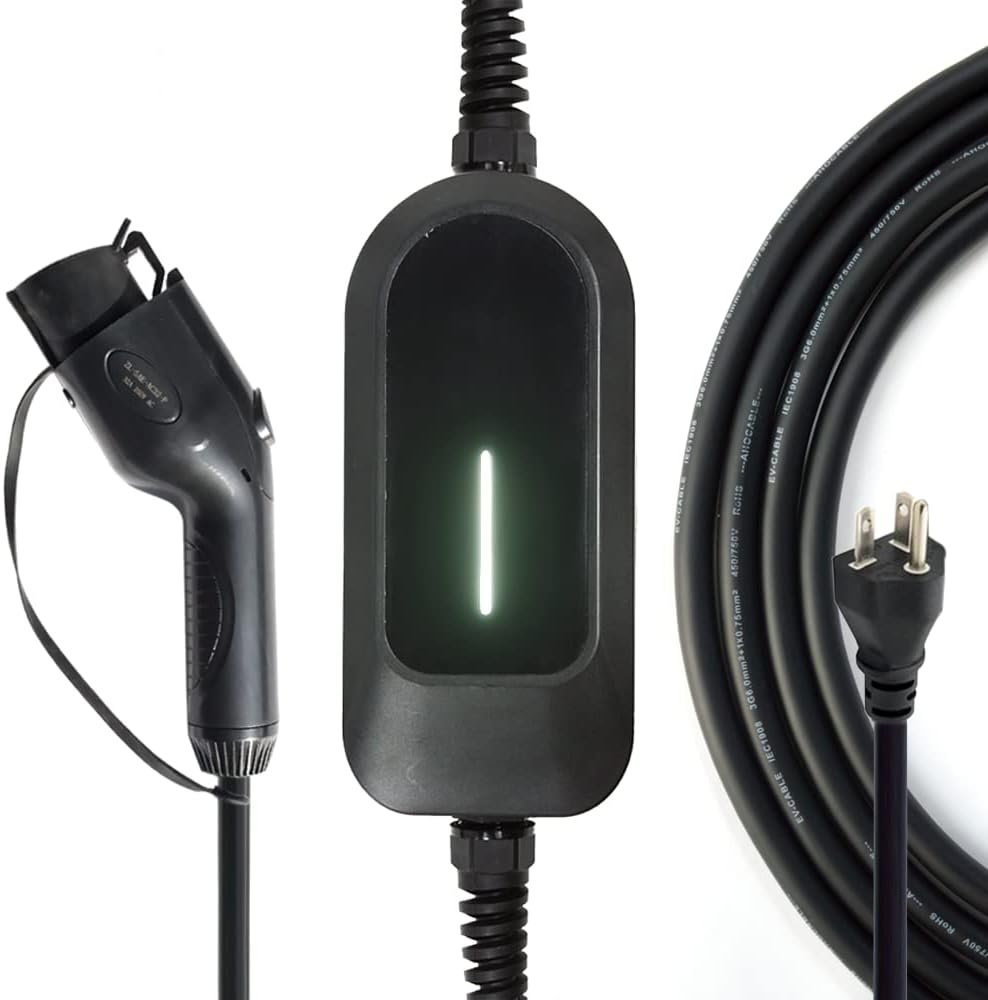
Level 2 Charging Cable (240V AC):
-
- Description: Level 2 charging cables offer faster charging compared to Level 1 cables. They require a 240-volt AC power source and are commonly installed in residential garages, workplaces, and public charging stations.
-
- Charging Speed: Level 2 charging can provide up to 25 miles of range per hour of charging, depending on the vehicle and charging station’s capabilities.
-
- Use Cases: Level 2 charging cables are ideal for daily charging needs, offering a convenient solution for topping up your EV’s battery during the day or overnight.
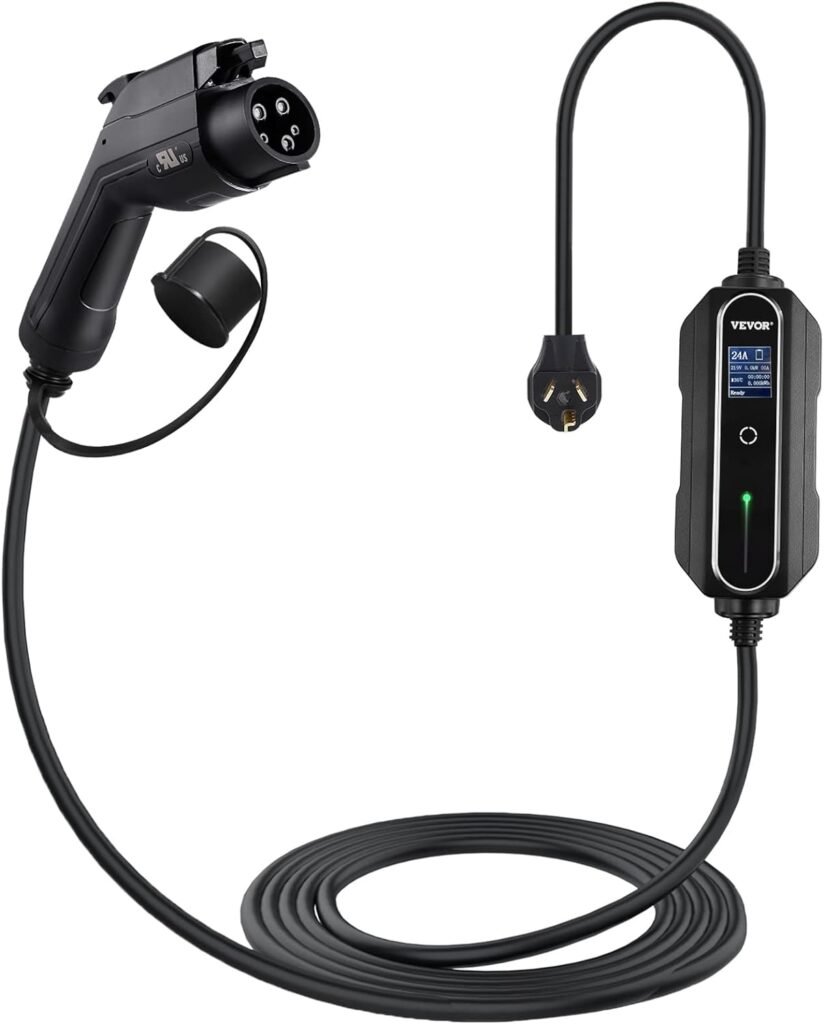
DC Fast Charging Cable (Direct Current):
-
- Description: DC fast charging cables, also known as Level 3 chargers, offer the fastest charging speeds available for electric vehicles. They deliver high-voltage DC power directly to the vehicle’s battery, significantly reducing charging times.
-
- Charging Speed: DC fast chargers can provide up to 80% charge in as little as 30 minutes, making them ideal for long-distance travel and quick charging stops.
-
- Use Cases: DC fast charging cables are commonly found along highways and in public charging stations, enabling EV drivers to recharge their vehicles quickly during road trips or when traveling between cities.
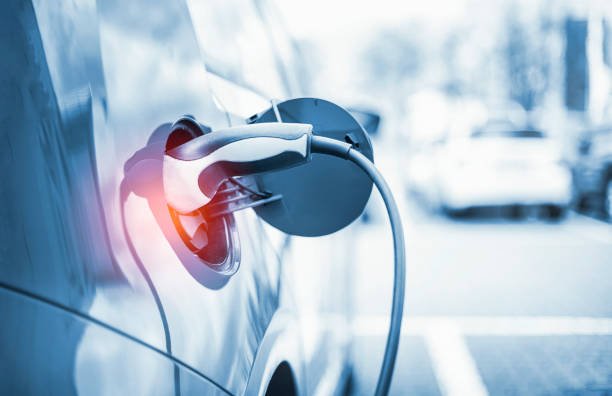
Factors to Consider When Choosing an EV Charging Cable
-
- Vehicle Compatibility: Ensure that the charging cable is compatible with your specific electric vehicle model. Different manufacturers may use different charging port configurations, so it’s essential to check compatibility before purchasing.
-
- Charging Speed: Consider your charging needs and preferences when selecting a charging cable. If you primarily charge your EV at home or work and have sufficient time for overnight charging, a Level 1 or Level 2 cable may suffice. However, if you frequently travel long distances or require rapid charging, investing in a DC fast charging cable may be beneficial.
-
- Portability: If you plan to use your EV charging cable at multiple locations, consider its portability and ease of use. Some cables come with convenient carrying cases or retractable cords, making them suitable for on-the-go charging.
-
- Build Quality and Safety: Choose a charging cable from a reputable manufacturer that meets industry safety standards and regulations. Look for cables with durable construction, weather-resistant materials, and built-in safety features such as overcurrent and overvoltage protection.
Conclusion
Understanding the different types of EV charging cables is essential for maximizing the convenience and efficiency of charging your electric vehicle. Whether you opt for a Level 1, Level 2, or DC fast charging cable, selecting the right one based on your charging needs, vehicle compatibility, and safety considerations will ensure a seamless charging experience.
By considering factors such as charging speed, portability, and build quality, you can confidently choose an EV charging cable that meets your requirements and supports your sustainable transportation goals.
FAQs
Can I use any EV charging cable with my electric vehicle?
Are Level 1 charging cables sufficient for daily charging needs?
Can I install a Level 2 charging station at home?
Are DC fast charging cables compatible with all electric vehicles?
What safety precautions should I take when using an EV charging cable?
